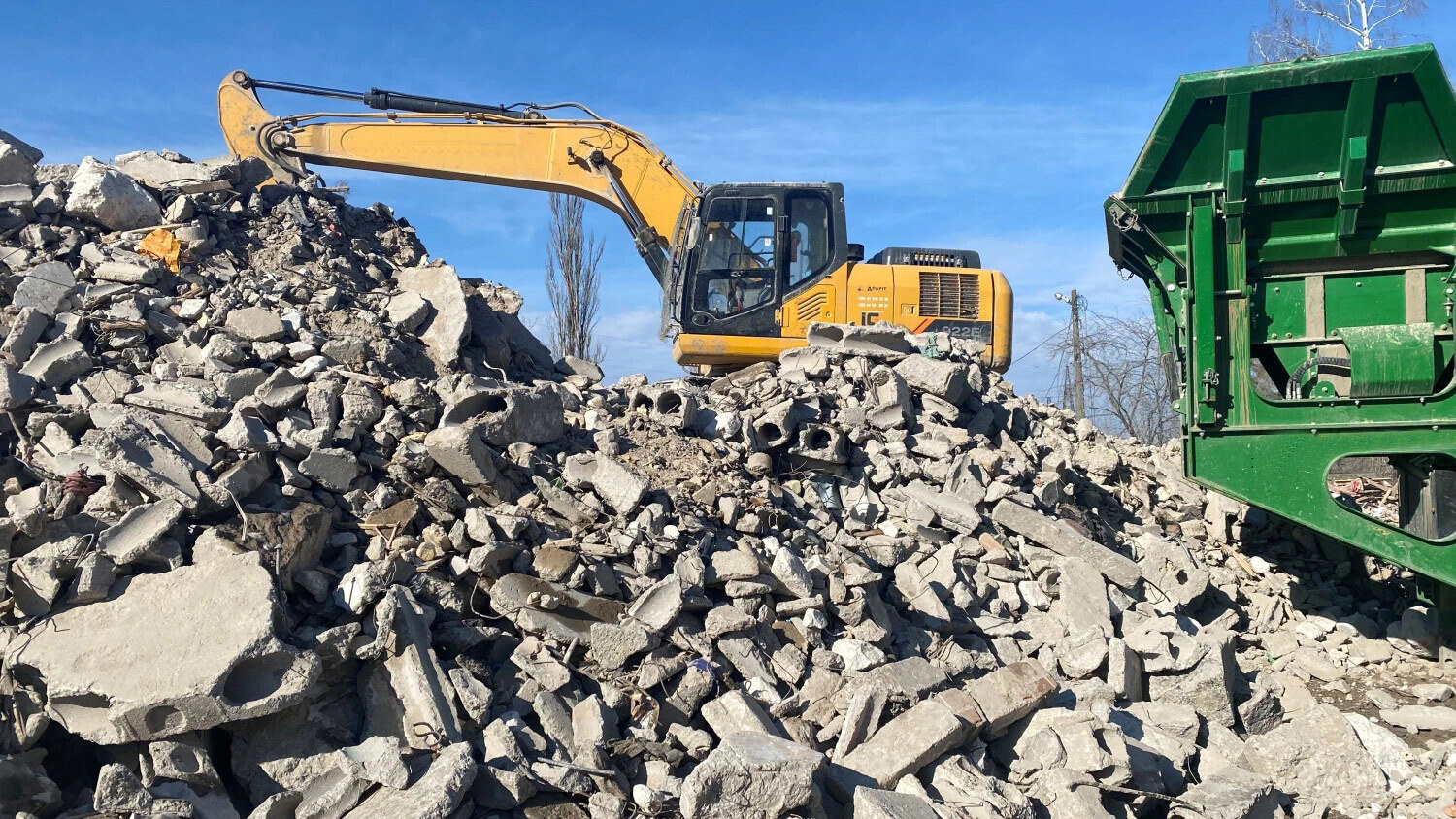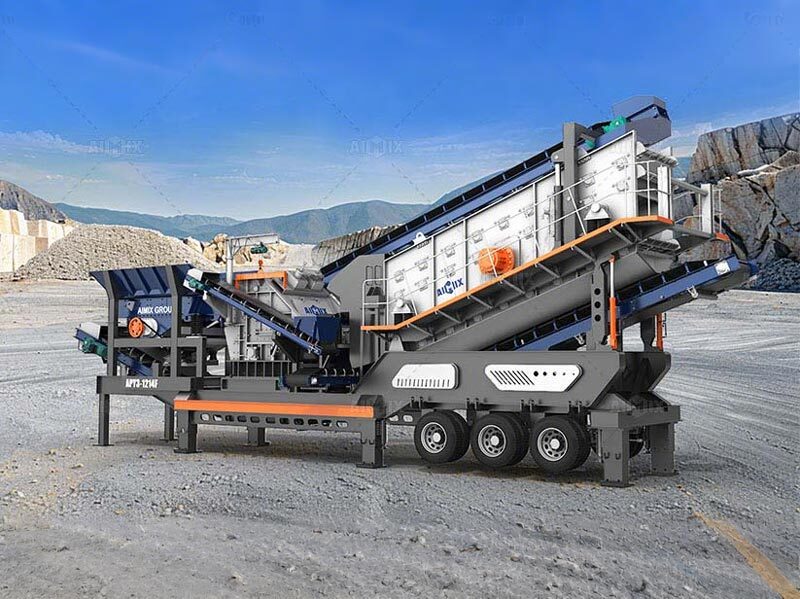Recycling construction materials like asphalt and concrete isn’t just environmentally responsible—it’s a lucrative business opportunity when done right. Mobile impact crusher have revolutionized material processing, offering unmatched flexibility, reduced transportation costs, and higher profit margins compared to traditional stationary systems. These machines excel in turning demolition waste into valuable aggregate directly on-site, eliminating the need for costly hauling and landfill fees. But not all crushers are created equal. Understanding the key factors that influence performance, efficiency, and return on investment ensures you select the right equipment for your specific recycling operation.
High-Speed Crushing with Precision Adjustability
Modern mobile impact crushers leverage advanced rotor technology to achieve high reduction ratios while maintaining consistent output gradation. Variable rotor speeds allow operators to fine-tune the crushing process for different materials—whether it’s reinforced concrete with rebar or aged asphalt with varying hardness. The best systems feature hydraulic adjustment of aprons and grinding paths, enabling real-time optimization without downtime. This adaptability ensures maximum throughput whether producing base material for new pavement or clean aggregate for drainage applications.

On-Site Mobility Eliminates Hauling Bottlenecks
Unlike stationary plants, mobile impact crushers move directly to the material source, slashing logistics costs. Track-mounted units can reposition between piles in minutes, processing material where it lies rather than requiring expensive trucking to a fixed location. This mobility is particularly valuable in urban demolition projects with space constraints. Some advanced models even feature zero-tail-swing designs, allowing operation in tight quarters without sacrificing crushing power. By reducing cycle times between loading, crushing, and stockpiling, these machines dramatically increase daily production volumes.
Profitability Through Smart Material Processing
The real financial advantage of mobile impact crushers lies in their ability to transform waste into sellable product with minimal handling. Advanced screening systems separate fines from premium aggregate, allowing operators to create multiple revenue streams from a single feed stock. Magnetic separators efficiently remove rebar and other metals for scrap recycling, adding another income source. When paired with intelligent control systems, these crushers automatically adjust settings to maintain optimal production rates while minimizing wear part consumption—directly boosting your bottom line.

Asphalt and concrete recycling subjects equipment to extreme abrasion, but next-generation impact crushers combat wear with innovative engineering. Rotors with replaceable wear plates extend service life, while modular breaker bar systems simplify maintenance. Many high-performance models now incorporate hybrid electric-diesel power systems, reducing fuel costs by up to 30% compared to traditional setups. These rugged machines are built to withstand daily punishment while keeping operational costs predictable—a critical factor when calculating long-term ROI in competitive construction waste disposal markets.
The shift toward sustainable construction practices has made mobile impact crushers indispensable for forward-thinking demolition and recycling firms. Their combination of rapid processing, logistical flexibility, and material versatility delivers faster payback periods than conventional crushing methods. By selecting a machine matched to your specific material profile and production goals, you turn demolition debris into a steady revenue stream while meeting increasingly stringent environmental regulations. The most successful operators don’t just crush material—they optimize every stage of the recycling chain for maximum efficiency and profit.

